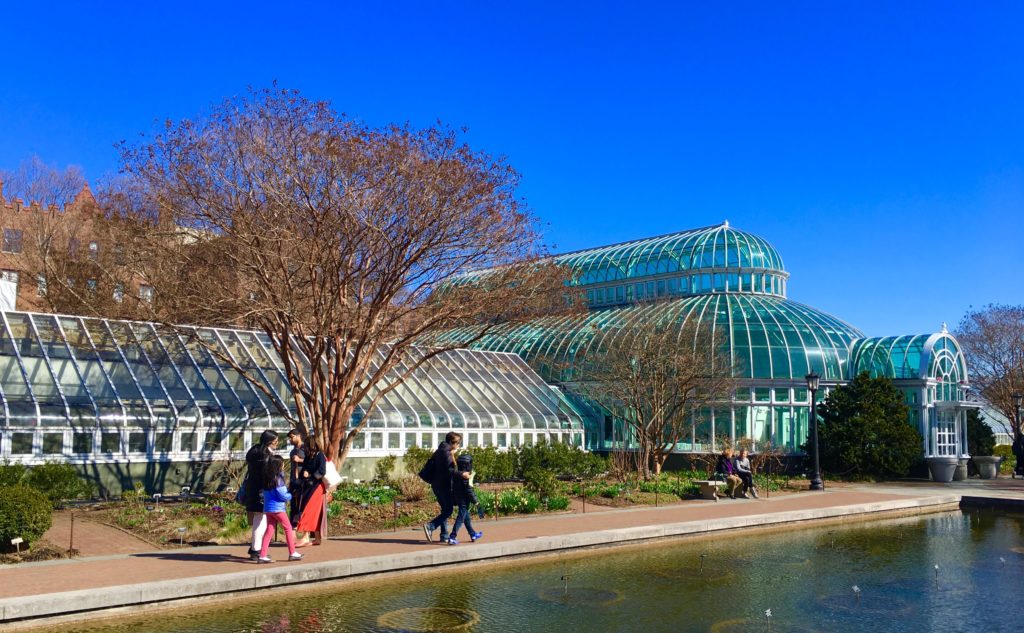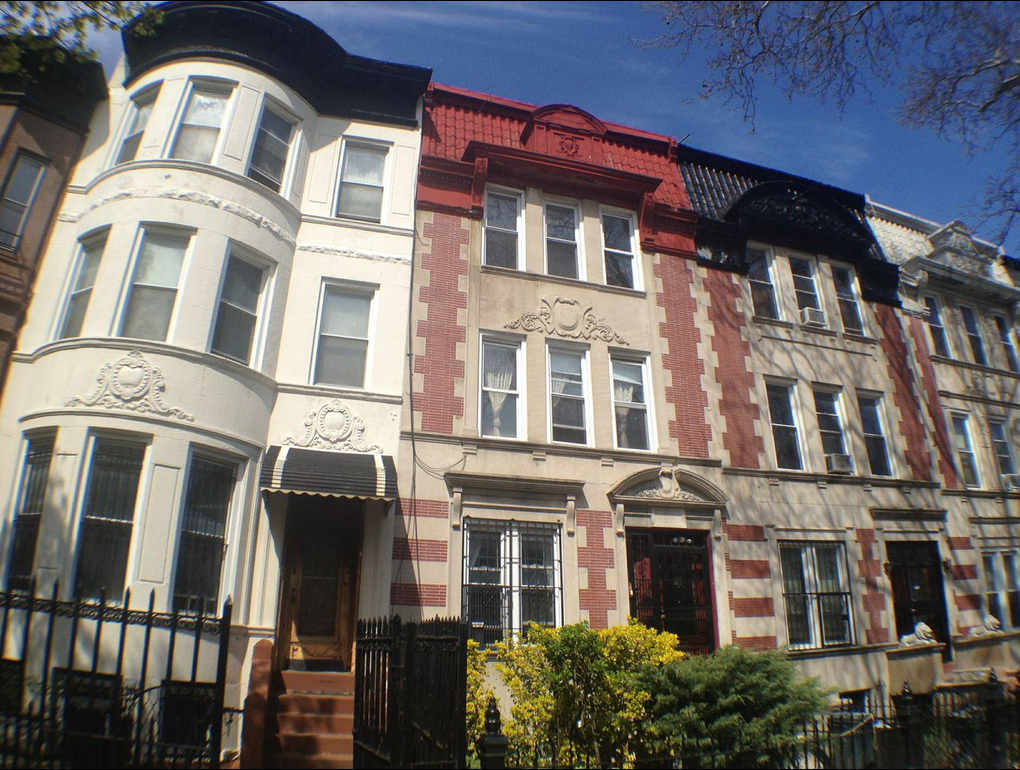Judge upholds restraining order halting development near Brooklyn Botanic

Greenhouses at Brooklyn Botanic Garden. Eagle file photo by Lore Croghan
A Brooklyn judge decided on Friday to uphold a temporary restraining order barring construction work at two Crown Heights development sites, projects activists say threaten the nearby Brooklyn Botanic Garden.
Towers planned for the sites would cast shadows for more than three hours per day on the 52-acre greenspace and damage plants growing in its conservatories, activist Alicia Boyd says.
Brooklyn Supreme Court Justice Reginald Boddie held a closed-door conference on Friday for the case brought by Boyd and two fellow Crown Heights residents, which challenges development at 931 Carroll St. and 40 Crown St.
